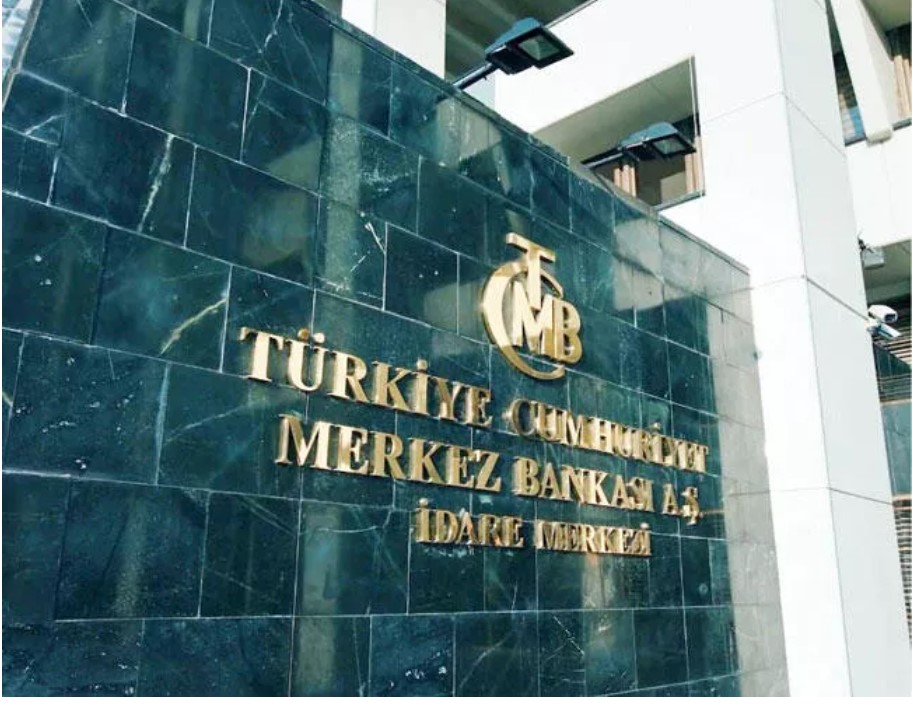He adds that “Indeed, this move practically allows for a 9,6 percentage point increase in annualized credit interest rates in various segments. Additionally, similar adjustments have been made regarding cash withdrawals from credit cards, suggesting a potential increase in those rates as well. Assuming that deposit interest rates remain at their current levels, banks might become more eager to provide commercial credits (excluding investment and export credits) as they could find them more profitable. Therefore, these decisions could have an expansive rather than restrictive effect on loans in the short term.”
Likely for this reason, the monthly credit growth rate has probably been reduced, but it is a bit difficult to fully understand why the speed limit for consumer loans hasn’t been lowered. In summary, although the announcement’s title includes the term “quantitative tightening,” these decisions imply a tightening based on the price (interest rates) rather than the quantity of credit available.
The Central Bank of Turkey (TCMB) has put into action a set of new regulations as part of its selective credit and “quantitative tightening” measures. These changes, which were recently published in the Official Gazette, are now officially in effect.
Among the key decisions taken by the Central Bank are exemptions for export and investment loans, as well as loans directed towards earthquake-prone regions, from all restrictive measures. As a complementary measure to support the tightening process, the monthly growth limit for TL (Turkish Lira) commercial loans under the security issuance system has been adjusted to 2.5% from its previous level of 3% based on credit growth. Loans intended for exports, investments, agriculture, and small businesses have also been excluded from this restriction.
To enhance the functionality of the market mechanism, the Central Bank has simplified the security issuance system based on interest rates. Specifically, for TL commercial loans, excluding export and investment loans, the two-tiered interest rate structure has been eliminated, and a single-tier interest rate cap will now be applied.
While consumer loans have seen some changes, particularly with a reduction in the growth limit for vehicle loans from 3% to 2%, there are no alterations in the growth limit for general consumer loans, which will remain at 3%. Additionally, in line with the goal of “inflation control and balancing domestic demand,” the maximum monthly interest rate for cash withdrawals from credit cards and overdraft accounts has been raised to 2.89%. This new rate, as announced on the Central Bank’s official website on July 25, 2023, will come into effect on August 1, 2023.
Furthermore, the Central Bank has introduced measures aimed at increasing support for exporters and facilitating their access to finance. The daily limit for rediscount credits has been raised to 1.5 billion TL, while the share of Small and Medium-sized Enterprises (SMEs) in rediscount credits has been increased. Export performance will now be taken into account in credit allocations, and access conditions for rediscount credits have been eased as part of the simplification process. Notably, the requirement for an additional 30% export value in sales to utilize rediscount credits has been removed. Additionally, during the rediscount credit period, the commitment to not buy foreign currency has been exempted for foreign currency purchases related to import payments.
Gerçek News, Twitter
